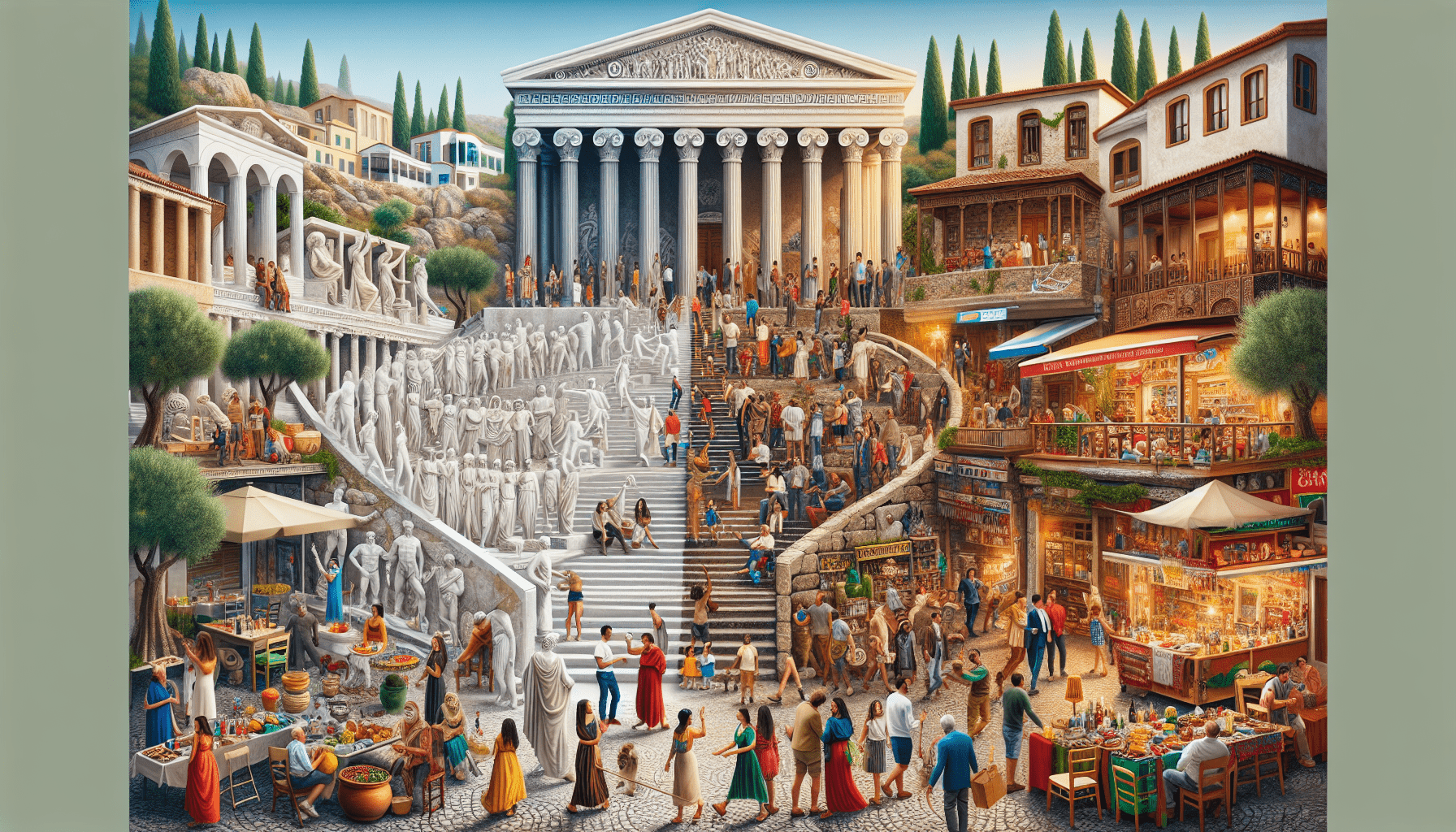Welcome to an exploration of the fascinating influence of Greek settlements on Turkish culture. Throughout history, Greek settlers played a significant role in shaping various aspects of Turkish language, cuisine, architecture, and traditions. From the ancient city of Byzantion to modern-day Istanbul, the mingling of Greek and Turkish cultures has created a unique and dynamic cultural landscape that continues to thrive today. Let’s delve into the rich historical tapestry woven by Greek settlers in Turkey and discover the lasting impact they have had on Turkish society. Have you ever wondered how different cultures have influenced each other over time? In this article, you will explore the fascinating impact of Greek settlements on Turkish culture. From language to cuisine, architecture to music, the Greeks have left a lasting imprint on the rich tapestry of Turkish heritage. Let’s delve into the intricate web of connections between these two ancient civilizations.

